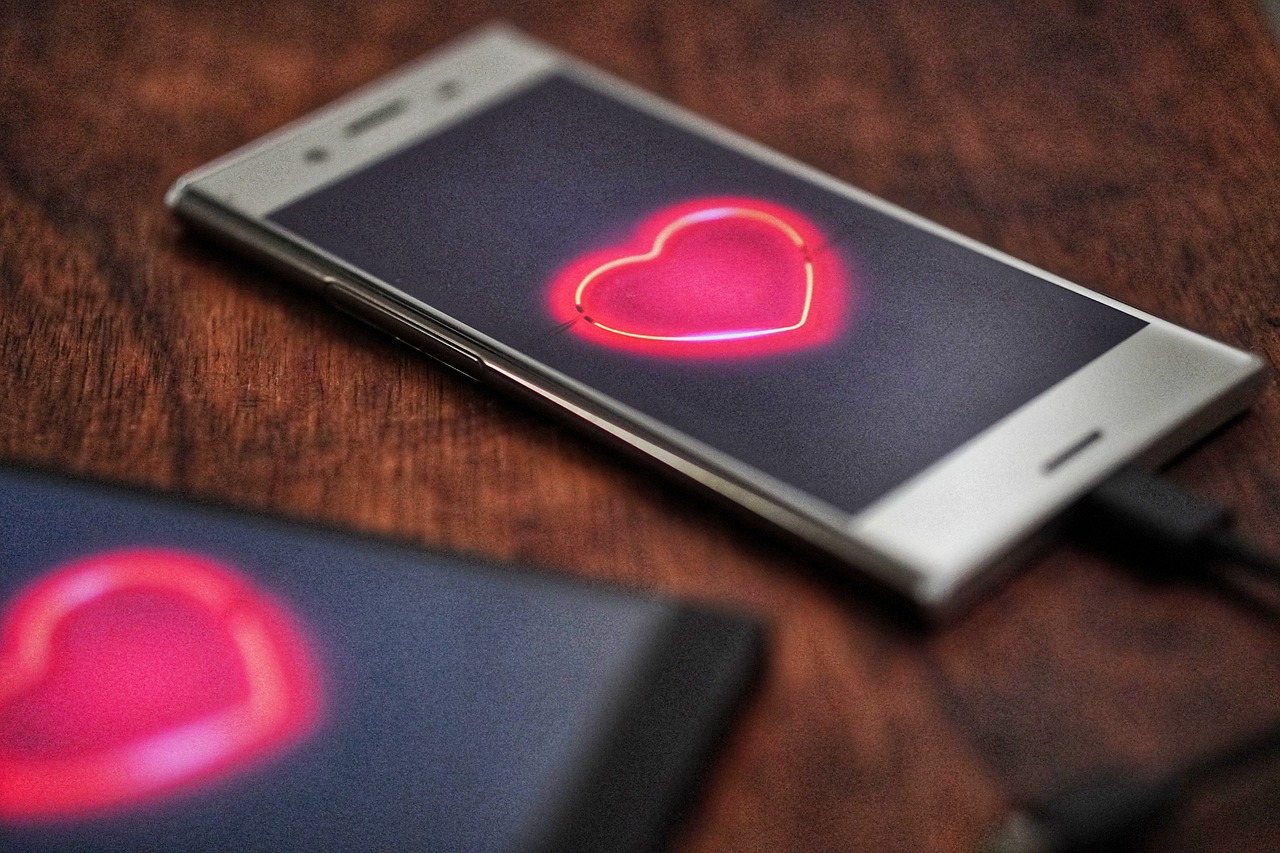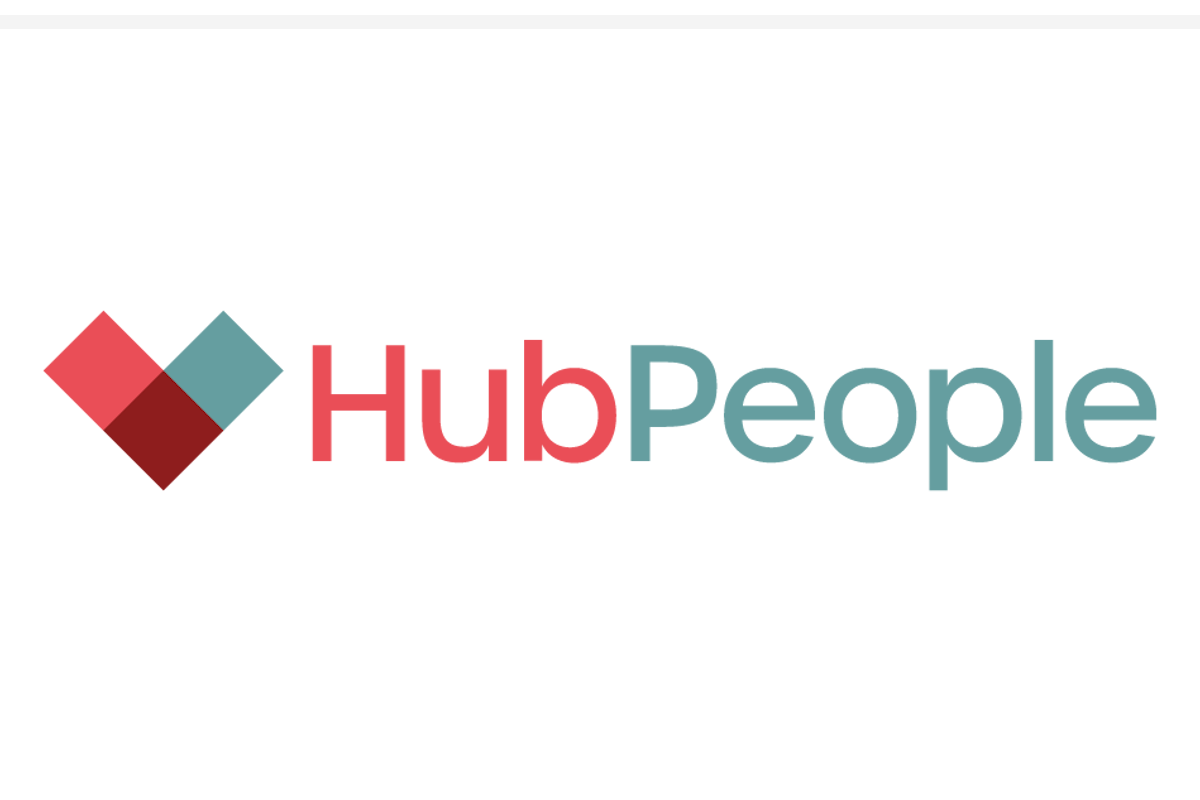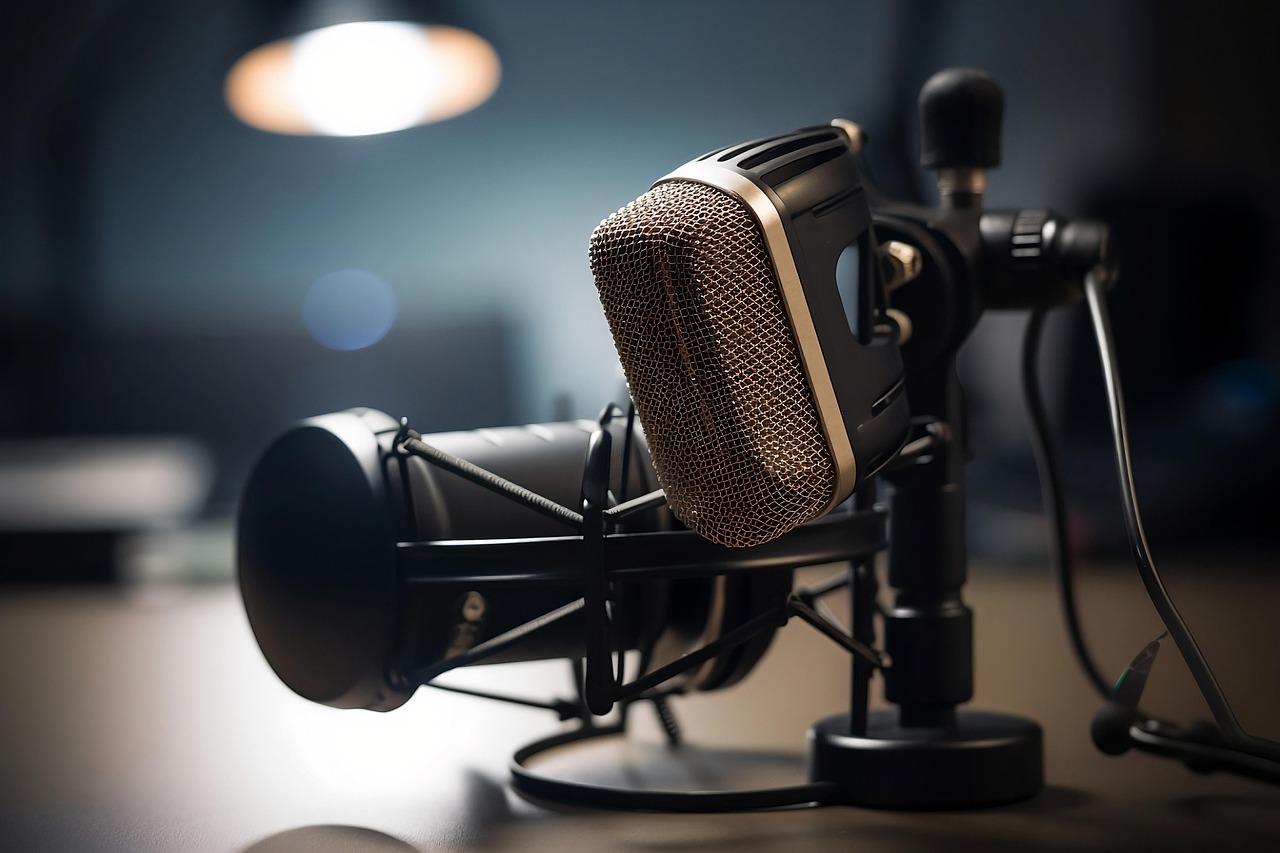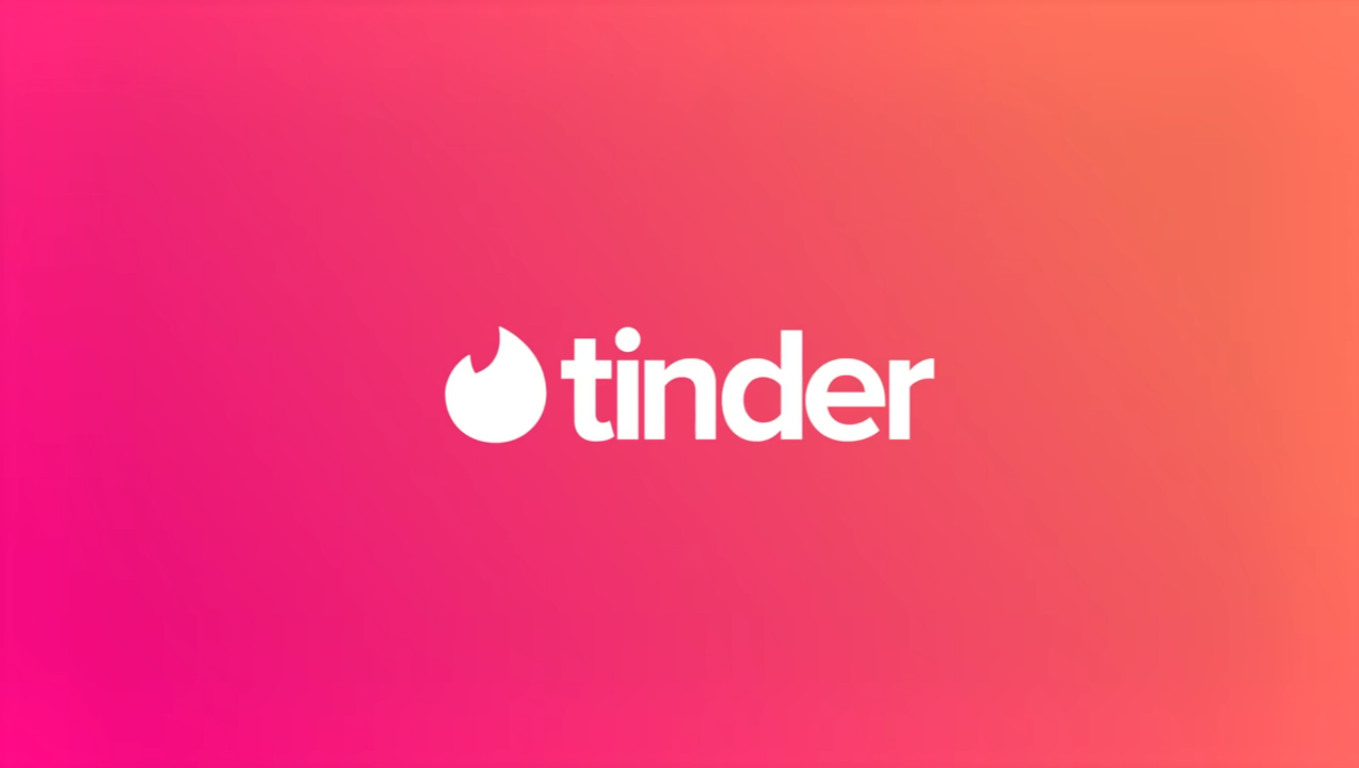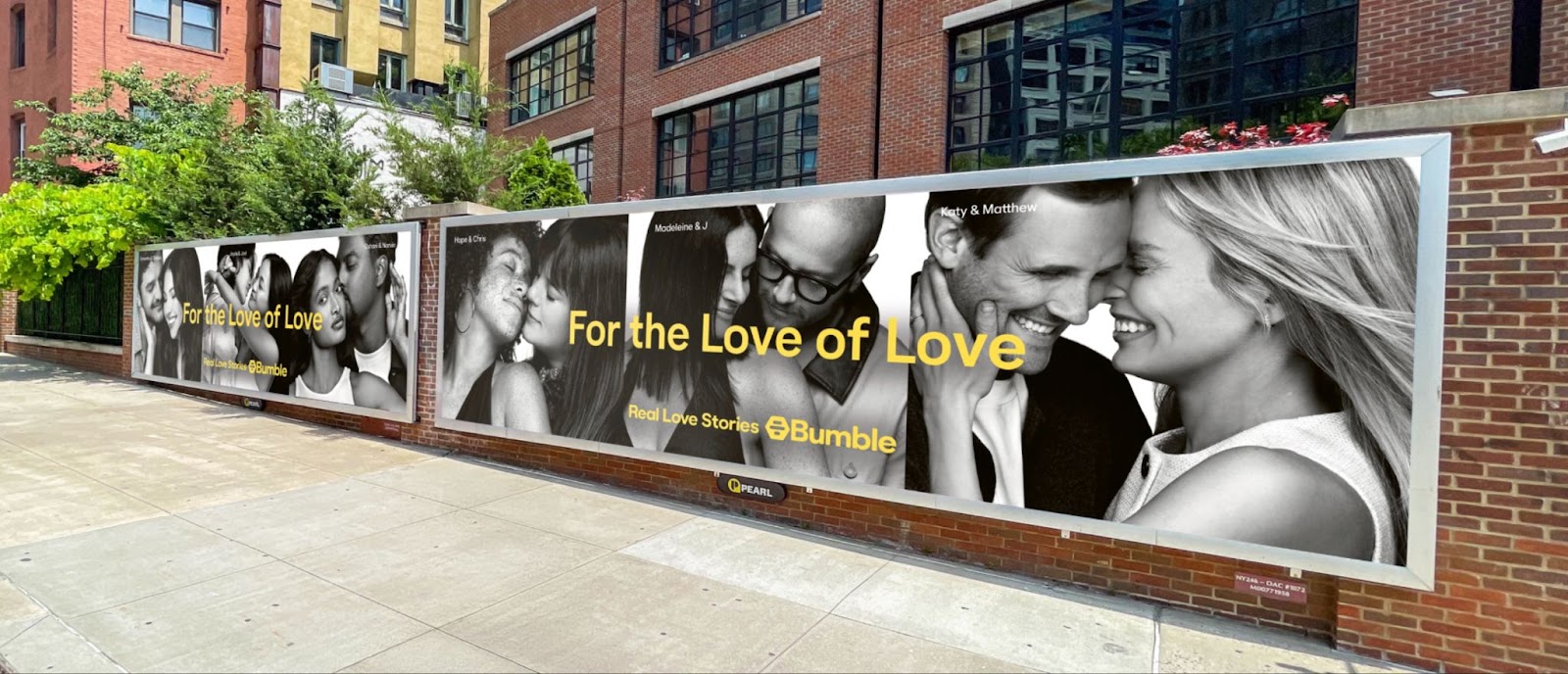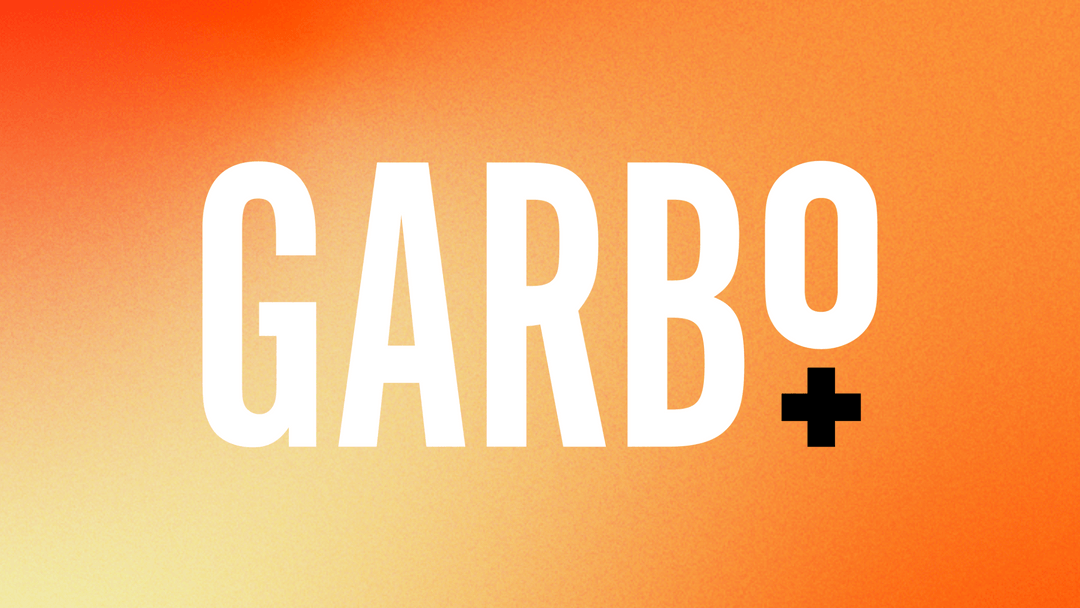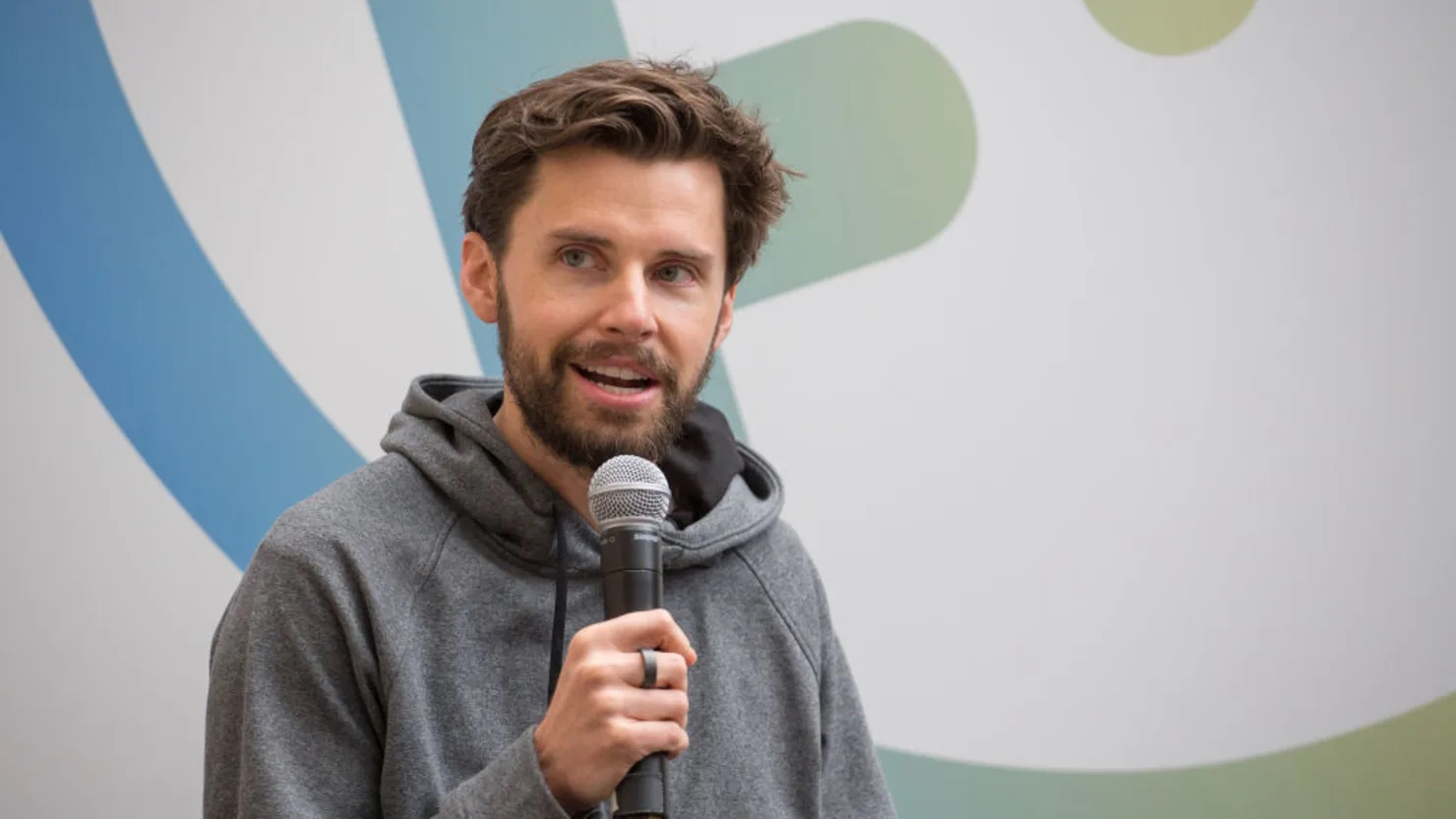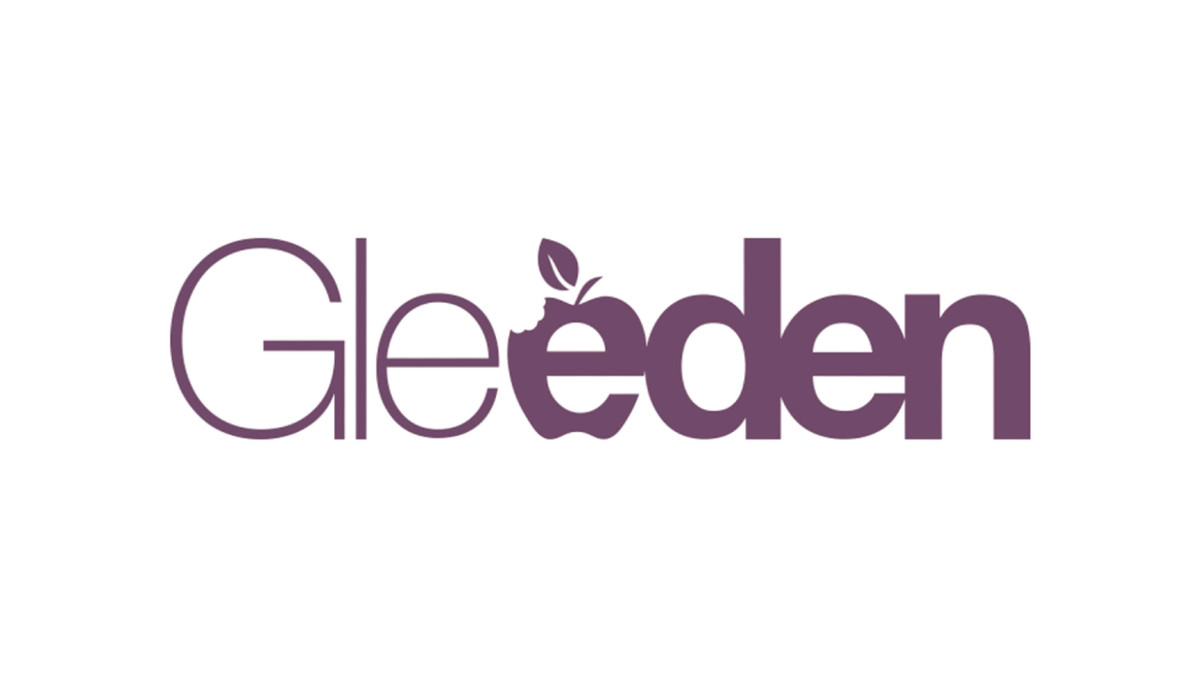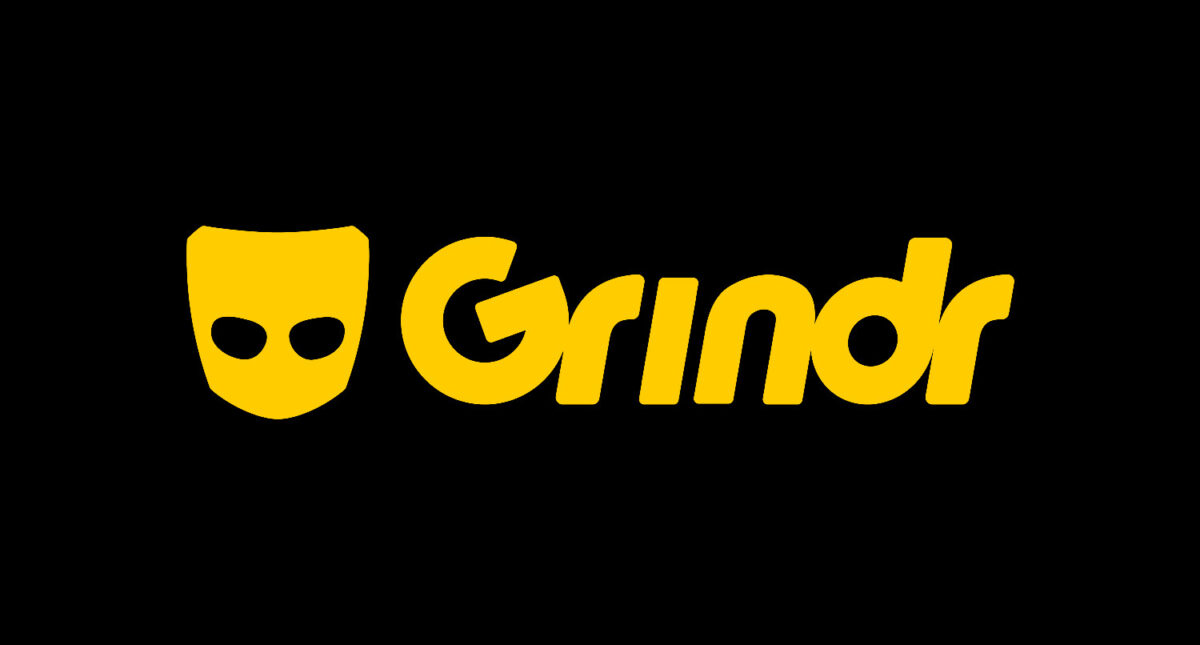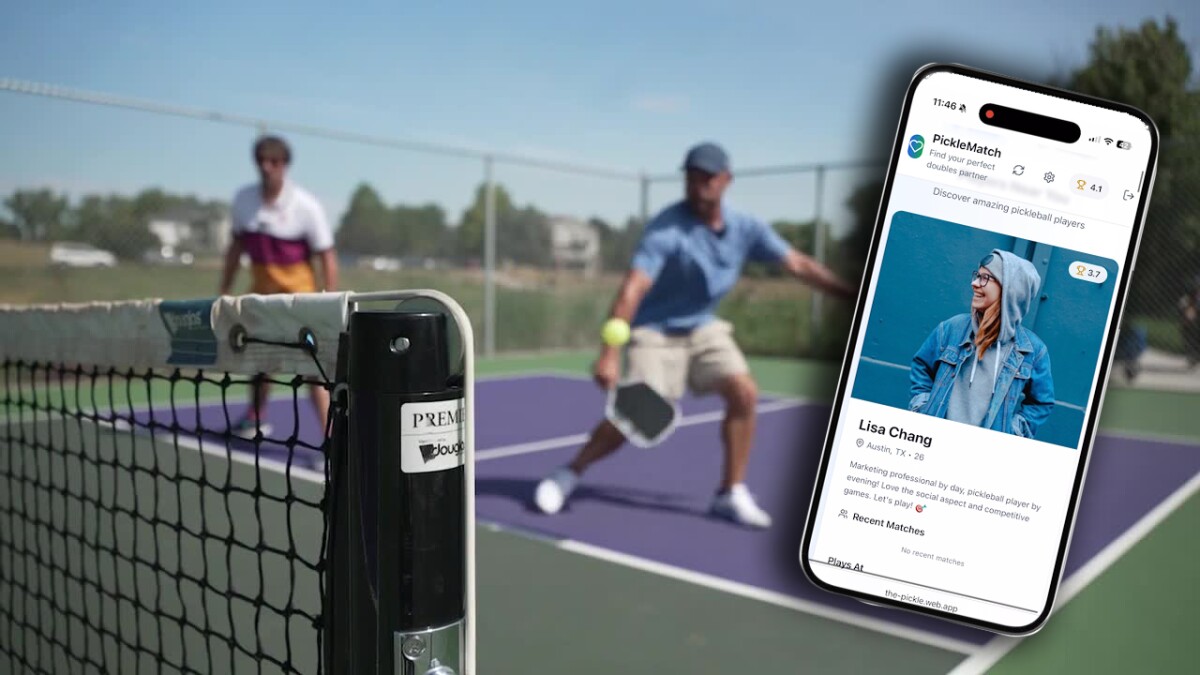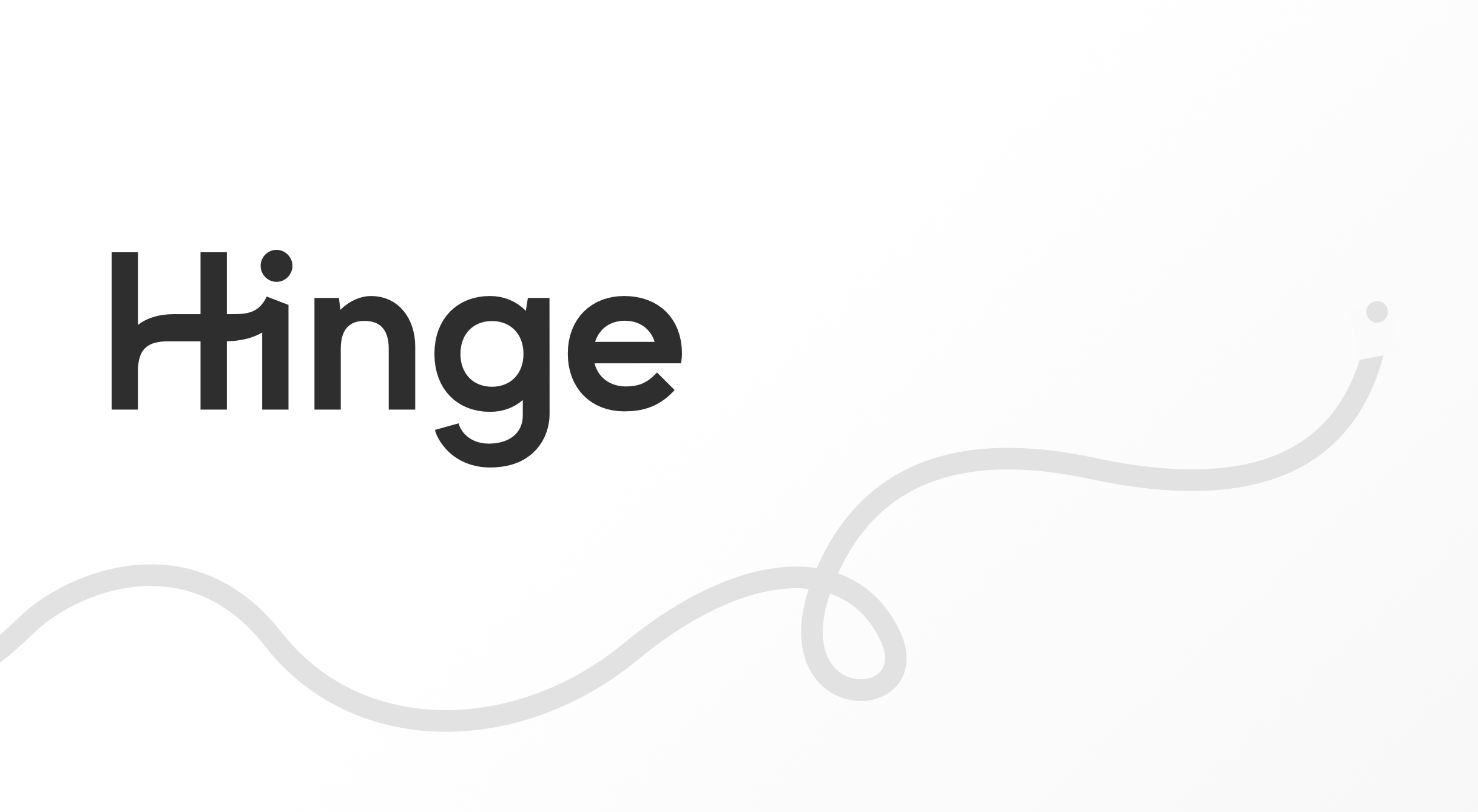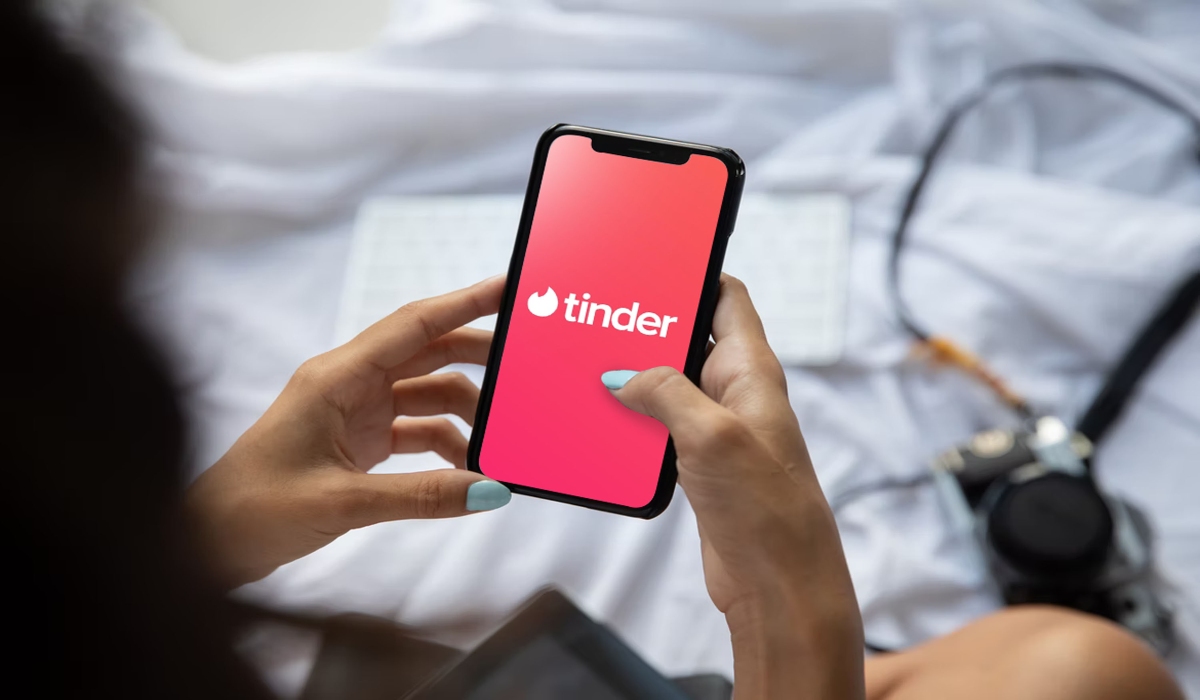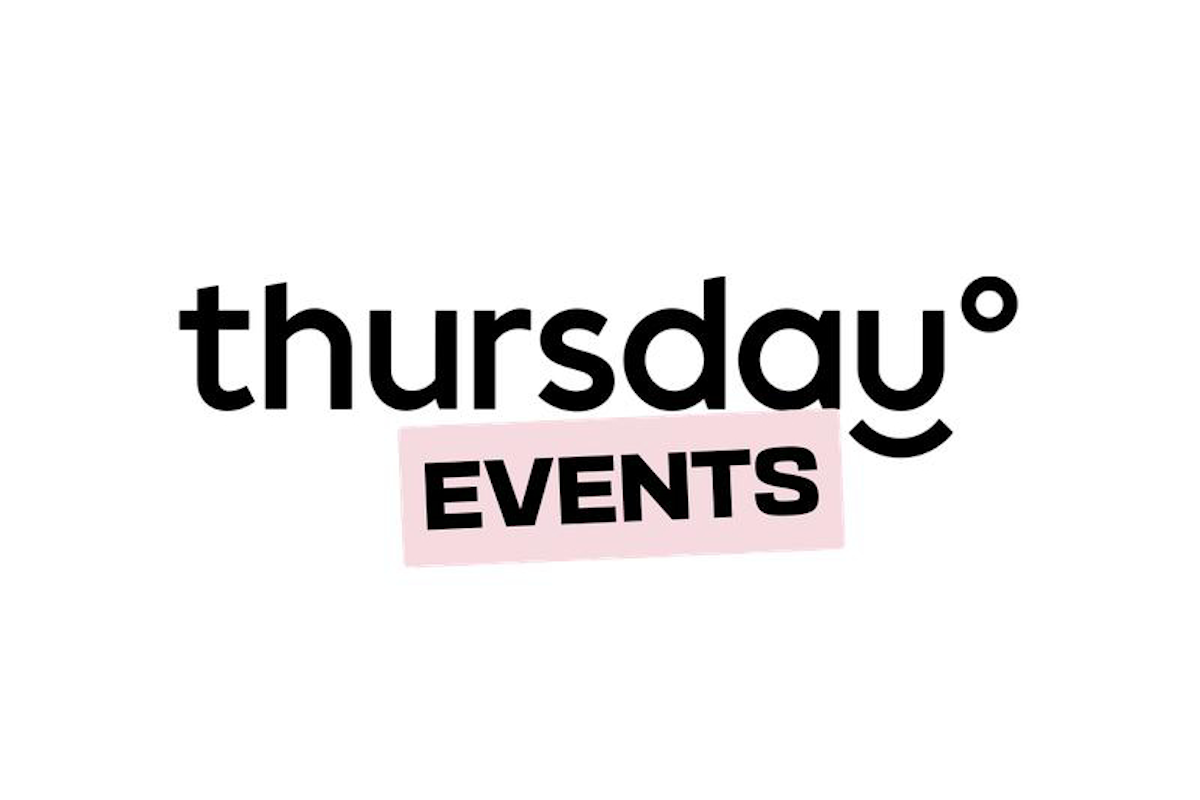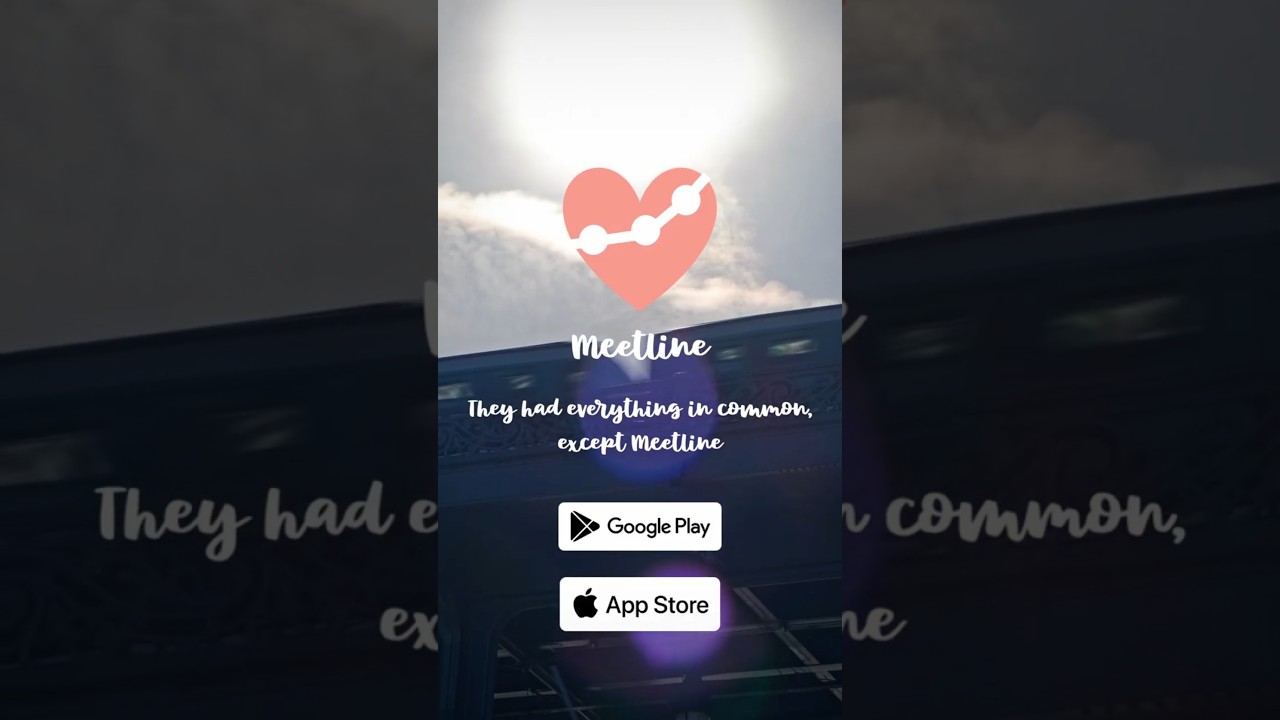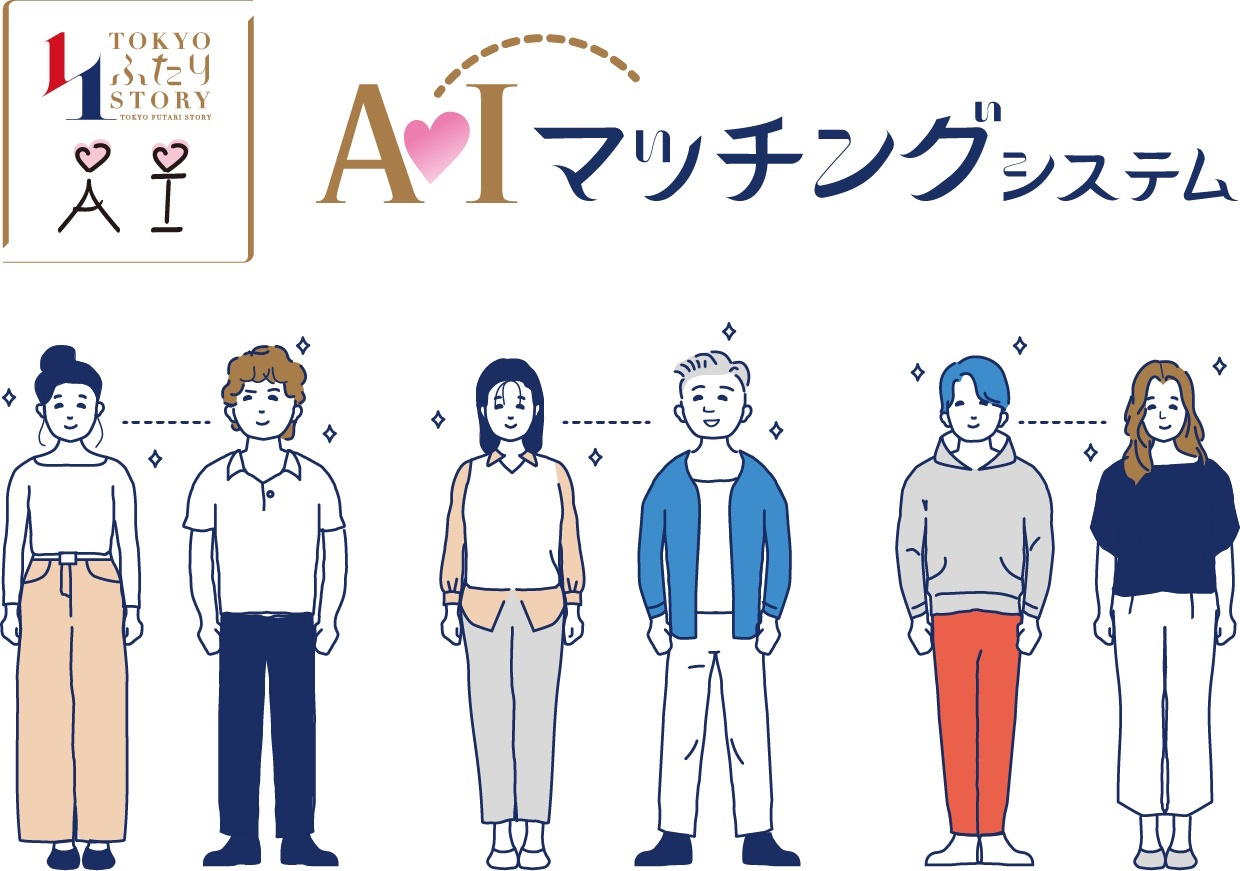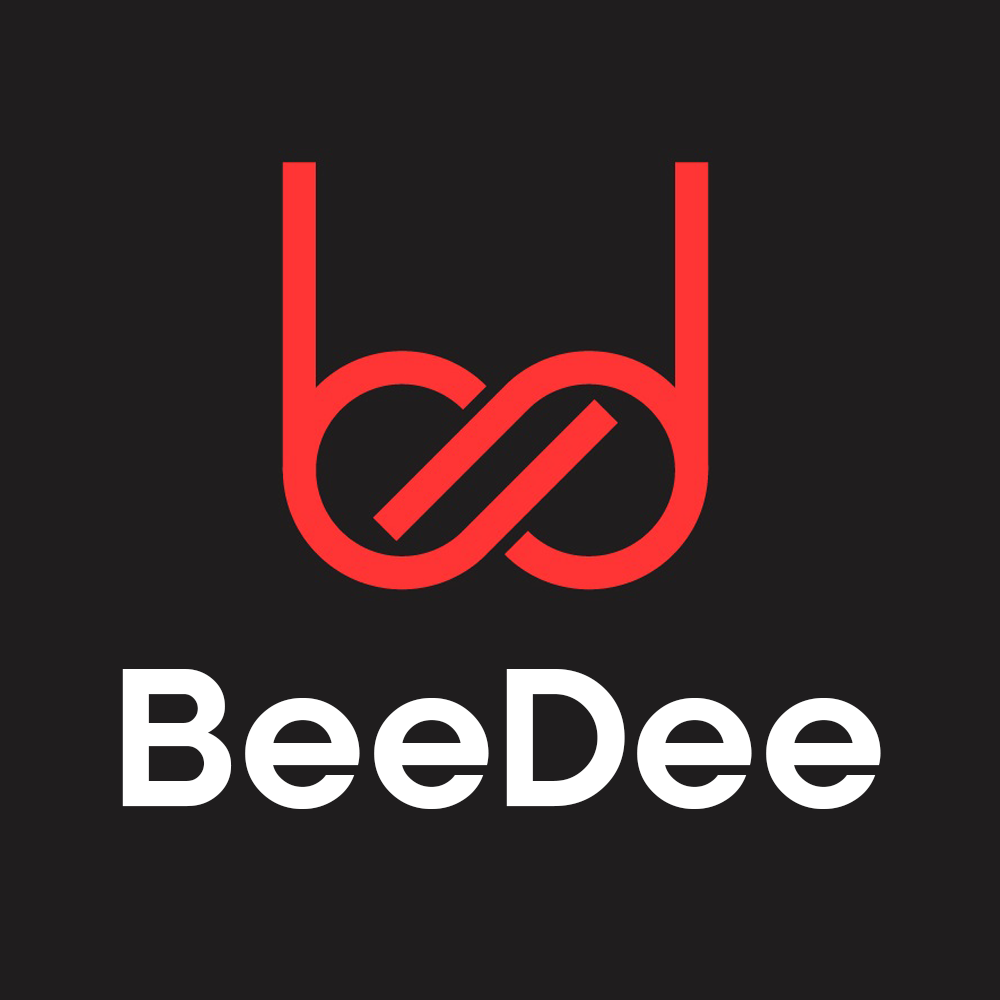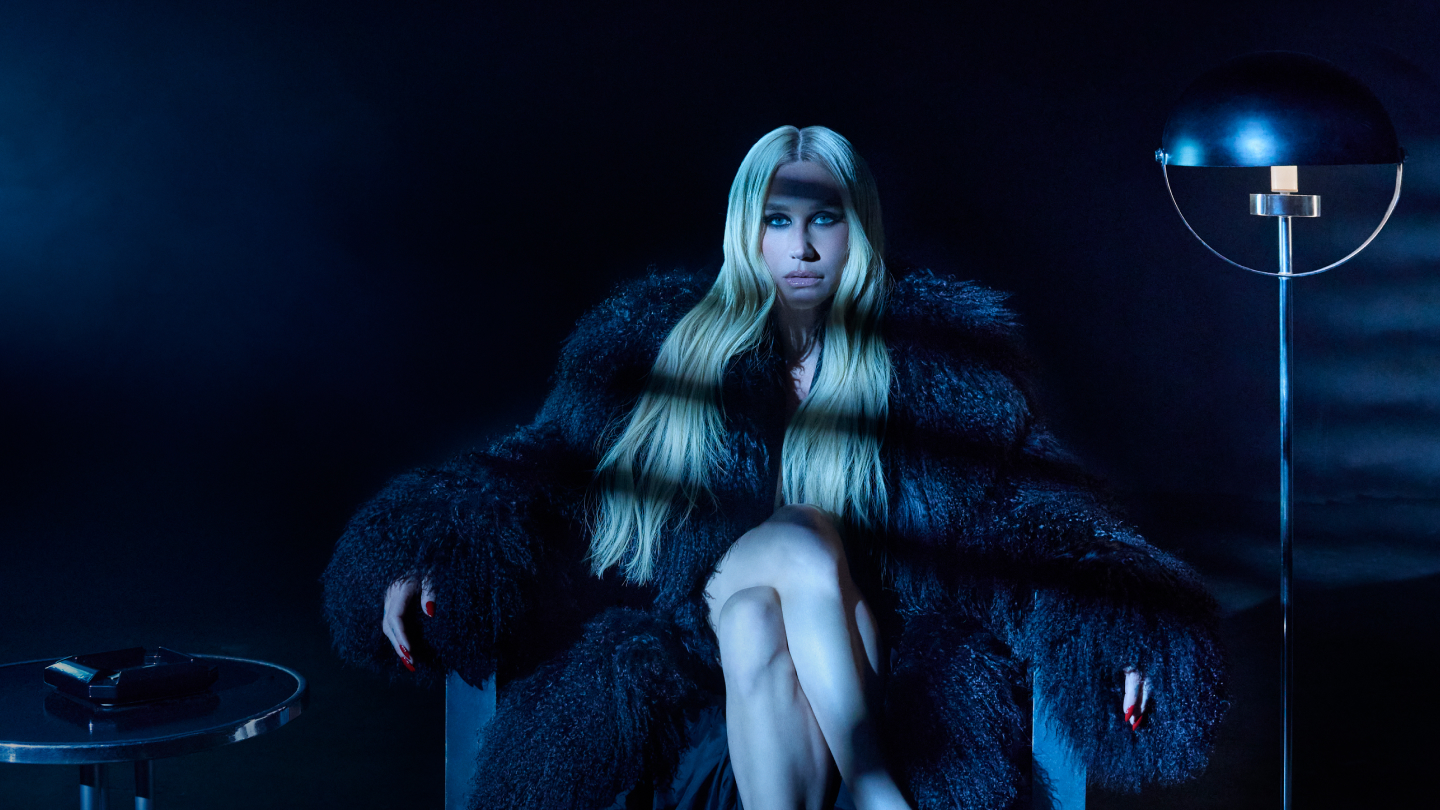A new report from Hinge Labs highlights rising discontent among LGBTQIA+ daters with rigid identity categories on dating platforms. According to the 2025 “Love Beyond Labels” edition of Hinge’s annual D.A.T.E. report, 48% of queer respondents experience “label fatigue” — a frustration with the pressure to define themselves within strict identity boxes. The findings suggest that younger daters, particularly Gen Z, are seeking more fluid and individualized ways to express gender and sexuality.
Hinge Labs, which includes PhD researchers and relationship experts, found that many queer users value emotional connection and personality traits over categorical labels. “Whether they’re exploring new labels, challenging old assumptions, or prioritizing emotional connection over fixed ‘types,’ one thing is clear: the future of dating is fluid, expansive, and entirely self-defined,” said licensed therapist Moe Ari Brown in the report.
The research also uncovers a “gap between attraction and action,” where 55% of daters who felt unexpected attraction to someone outside their usual preferences chose not to pursue it. Factors included fear of rejection and confusion around queer dating norms, signaling a need for better education and support on these platforms.
While labels help power dating algorithms, the report suggests that strict categorization can inhibit users from presenting their authentic selves. Half of LGBTQIA+ respondents reported modifying their appearance to appear more masculine or feminine to attract matches, and most later regretted it.
As the dating app landscape evolves, developers are being challenged to reconsider how their platforms can accommodate and affirm nontraditional identities — and whether label-driven design is still serving the needs of modern daters.

